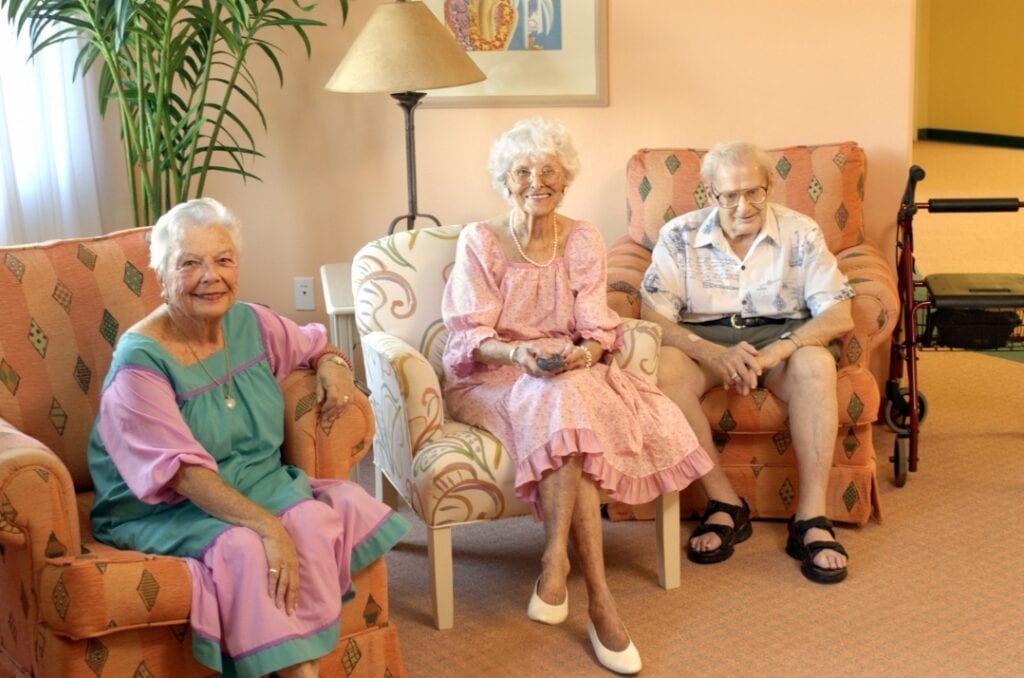Unsanitary Living Conditions in Nursing Homes








Ohio is home to many nursing homes, several of them rated favorably by U.S. News & World Report. Although that can be of some comfort if you oversee a loved one’s care, staying vigilant is crucial to ensure his or her comfort and good health. Look for signs when you visit and call Tittle & Perlmuter if the signs signal neglect.
One telltale sign is the facility’s cleanliness. The staff and owners should maintain, vacuum, dust, and sanitize a home. You should not encounter any infestations of bugs or mice. Your loved one should be recently bathed and dry. There should be no overwhelming smell of urine or feces. Although lapses may occur when the home is short-staffed, they should not be chronic. If you are concerned about an older family member’s surroundings, contact our dedicated attorneys to discuss unsanitary living conditions in Ohio nursing homes.

Unsanitary Conditions in Nursing Homes is Neglect Due to Negligence
Failing to provide a sanitary environment for long-term care patients is considered neglect. It includes providing personal hygiene care and clean surroundings. Neglect also encompasses other failures, such as safety, nourishment, and adequate shelter. Some examples of unsanitary conditions include:
- Residents whose hair, nails, and clothes are dirty and may smell foul
- Soiled bed linens left unchanged for long periods
- Infestations of bugs, mice, or rats
- Residents in the common room who smell of urine or feces for long periods
- Overflowing trash receptacles
- Built-up grime and grease in the kitchen area
These infractions rise to a negligence claim when the actions of the staff do not measure up to what a responsible person would do, and their actions or inactions directly harm a nursing home resident. For example, rats and cockroaches can contaminate the food and water supply, leading to gastrointestinal distress for residents. Soiled bedsheets can add to problems caused by bedsores. Soiled underwear can cause rashes and urinary tract infections. Dirty kitchens can facilitate food poisoning and bouts with diarrhea, which can cause dehydration and other life-altering illnesses. A lawyer could establish negligence related to unsanitary living conditions and seek compensation for the wronged and vulnerable nursing home patient.
Negligence and Compensation
A civil lawsuit for negligence requires four elements: duty, breach, causation, and injury. The nursing home staff and administration have an obligation to provide a safe and sanitary home, and they breach that duty by causing a situation that injures a resident. Proving causation boils down to the ‘but for’ test. But for the nursing home’s actions, the plaintiff would not have been harmed.
A legal representative will document evidence of unsanitary living conditions and the injuries it causes to a nursing home resident whose loved ones are suing for him or her. Courts could award compensation for medical bills and the non-economic losses for physical and emotional pain, loss of dignity, and any long-term consequences of the neglect. The state caps non-economic damages to the greater of $250,000 or three times the economic damages award. Some exceptions apply.
Punitive Damages
Punitive damages punish a defendant for outrageous and egregious behavior. If a nursing home intentionally neglects a patient and leaves them in unsanitary living conditions to the point where he or she is severely compromised, the family can seek punitive damages through a suit. State law caps punitive damages at two times compensatory damages. If the nursing home is a small business, the law caps punitive damages at 10% of the business’s net worth, up to $350,000.
Act Now About Unsanitary Living Conditions in Nursing Homes
You do not want your loved one to live in squalor in a nursing home that is supposed to care for him or her. The home should be held accountable. If you have concerns after observing your loved one’s living conditions, an attorney could help you file a lawsuit for compensation.
Nursing homes are big businesses as the population ages, but it does not mean they should subject residents to substandard living conditions. You can help advocate for your loved one. If you have observed unsanitary living conditions in nursing homes, call Tittle & Perlmuter to learn how we can assist you.

